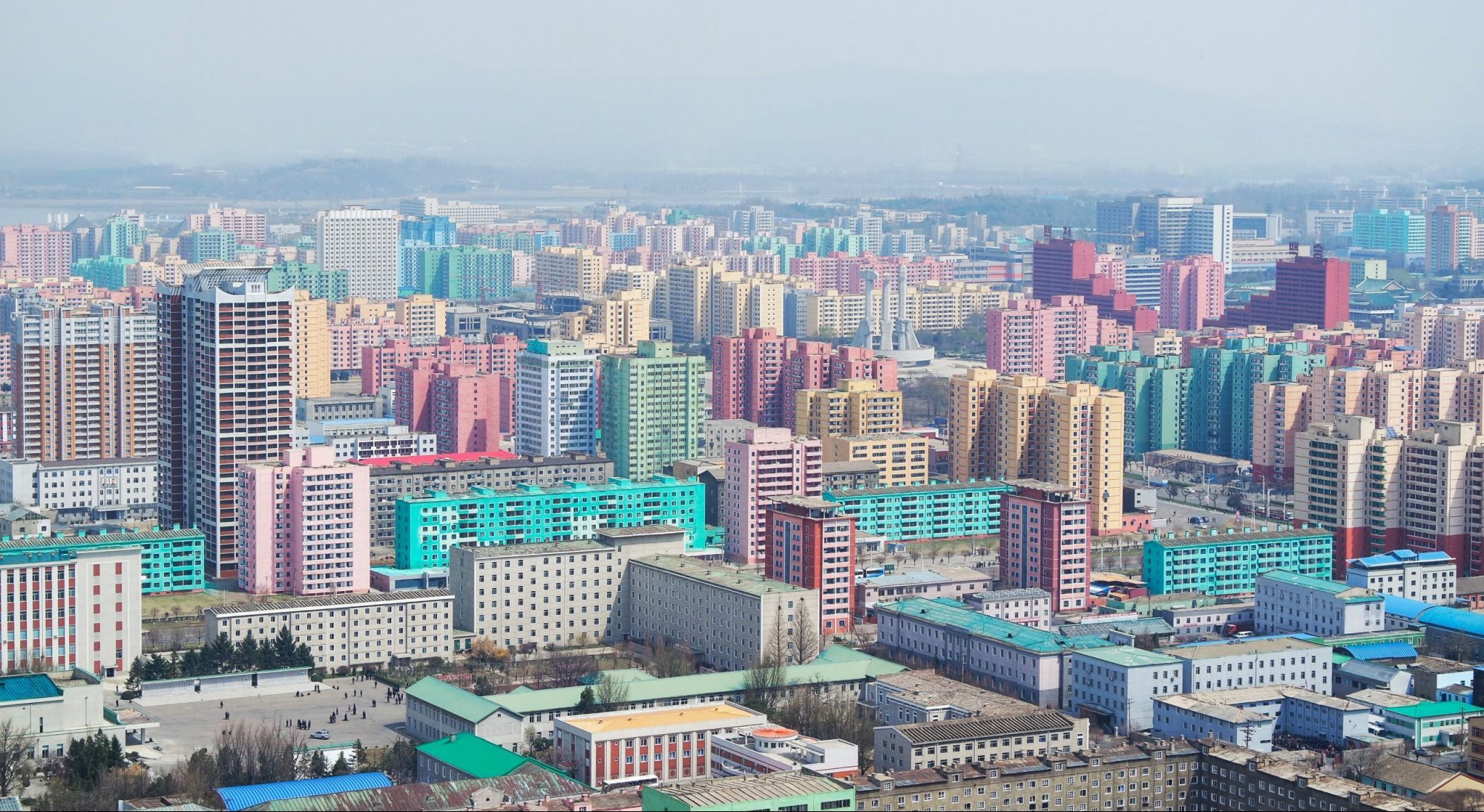- 23 Apr, 2021
- 0
- Mel Gurtov
- Mel Gurtov
North Korea is Back on the US Agenda
North Korea is Back on the US Agenda
by Mel Gurtov
786 words
Published in: LA Progressive, Mel Gurtov, Art Voice, Counterpunch,
Dates: April 23,27,29,2021
North Korea is rattling America’s cage again. It sent a reminder call when it recently fired off multiple short-range missiles after denouncing Washington for going forward with joint military exercises with South Korea. A few days later the DPRK (Democratic People’s Republic of Korea, the formal name for North Korea) launched two new tactical guided ballistic missiles, in defiance of a UN ban. Some experts say the ballistic missiles, which have a high degree of maneuverability, could potentially be fixed with nuclear or biological weapons and thus pose a new danger to South Korea.
My analysis is that the missile tests reflect North Korea’s impatience with the US to produce a negotiating position that isn’t a repeat of the usual US approach: you eliminate your nukes, then we’ll talk about rewards. The Biden administration reportedly has tried to contact Pyongyang about talks, but Kim Jong-un’s powerful sister, Kim Yo-jong, dismissed the idea, saying that if the Biden administration “wants to sleep in peace for the coming four years, it had better refrain from causing a stink.” The comment was widely interpreted here as a warning, but I contend her message was, “If you want to start talks, offer something different from sanctions, nuclear threats, and military exercises with South Korea.”
Whether or not the Biden team will respond with a new approach is uncertain. A North Korea policy review is reportedly underway, following consultations with South Korea and Japan. Meantime, here are eight points that guide my many years of study of North Korea’s international perspective:
- The defining feature of the regime in dealing with all foreign powers, including allies like China, is militant nationalism. The regime will resist an imposed bargain.
- What the DPRK wants from the US is security assurances against regime change or attack, acknowledgment of the regime’s legitimacy, a peace treaty to formally end the Korean War, and economic incentives that would help prop up the economy (and the regime itself).
- Nuclear weapons are North Korea’s main bargaining card. The regime is not irrational; it wants those weapons to deter attack, not initiate attack. It is not about to give them up for short-term gain, and will probably never agree to destroy all of them.
- Sanctions against the North have failed and will continue to fail. There are too many loopholes, and Chinese businessmen are among many who have exploited them.
- Demanding denuclearization first will get nowhere. It should be the product of painstaking trust-building between the US and the DPRK.
- South Korea’s interests should be respected, and its efforts at bridge-building with the North should not be deflected by the US as happened under Trump.
- Summit meetings of the type Trump and Kim put on should be avoided; they are photo-ops, deceptively friendly, and no substitute for substantive, verifiable agreements.
- Despite North Korean dependence on China for food and fuel, China will not use its influence in support of US policy so long as the US-China relationship is in its present state of high tension and mistrust.
President Biden, at his first press conference March 25, said: “I’m also prepared for some form of diplomacy, but it has to be conditioned upon the end result of denuclearization.” That’s fine; if working-level talks with North Korea can reopen and a process leading to denuclearization can begin, the US should expect that the North will cease testing long-range ballistic missiles or carrying out another nuclear-weapon test. Economic sanctions can be eased gradually as North Korea refrains from making threats directed at the US or its allies, and as the vast repressive machinery of North Korea’s gulag lightens up.
In a recent speech, Kim Jong-un said the economy faces an “extremely difficult” situation, requiring officials to “wage another, more difficult Arduous March.” With the border with China closed because of the pandemic, Chinese food aid has dramatically declined, leaving it up to other countries to provide assistance. North Korea must reopen its borders to get food, medicine, and other aid, but that should only happen after nongovernmental groups (NGOs) have an opportunity to deliver aid without hindrance or diversion to the military.
Let’s recall that back in 2005, all the major players—both Koreas, China, Russia, Japan, and the US—agreed to the formula of “action for action” to promote stability on the Korean peninsula. That means “peace by pieces,” positive reciprocal steps that stand a much better chance of succeeding than peace by punishment. US leaders, from George W. Bush’s “axis of evil” to Barack Obama’s “strategic patience” and Donald Trump’s love letters, haven’t tried that approach. I hope the Biden administration will operate differently.
—————————————————-

Mel Gurtov, syndicated by PeaceVoice, is Professor Emeritus of Political Science at Portland State University and blogs at In the Human Interest.
© 2023 PeaceVoice

mel